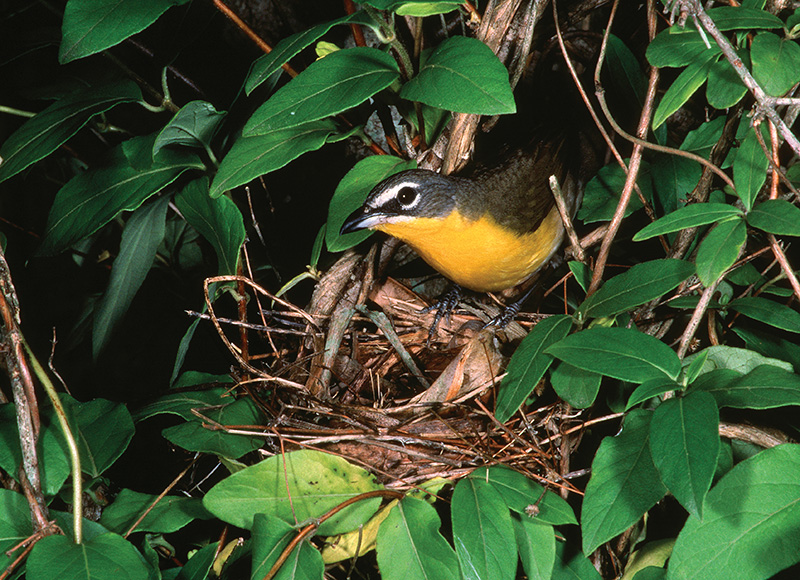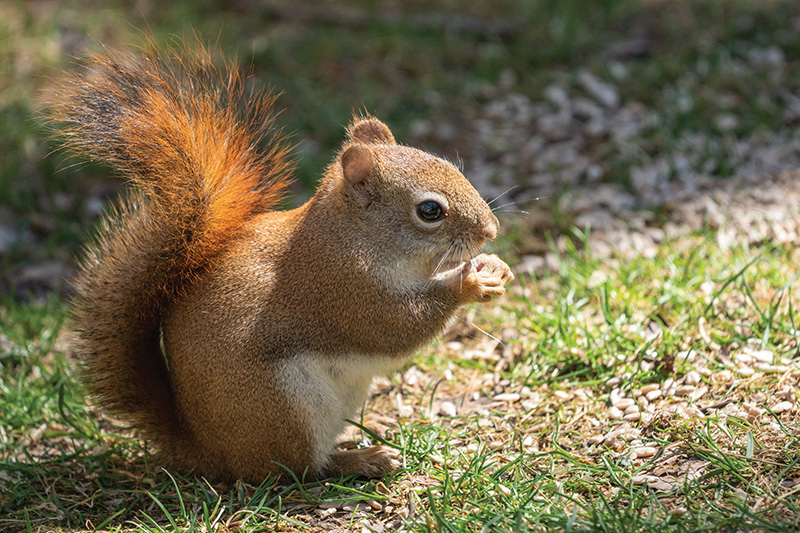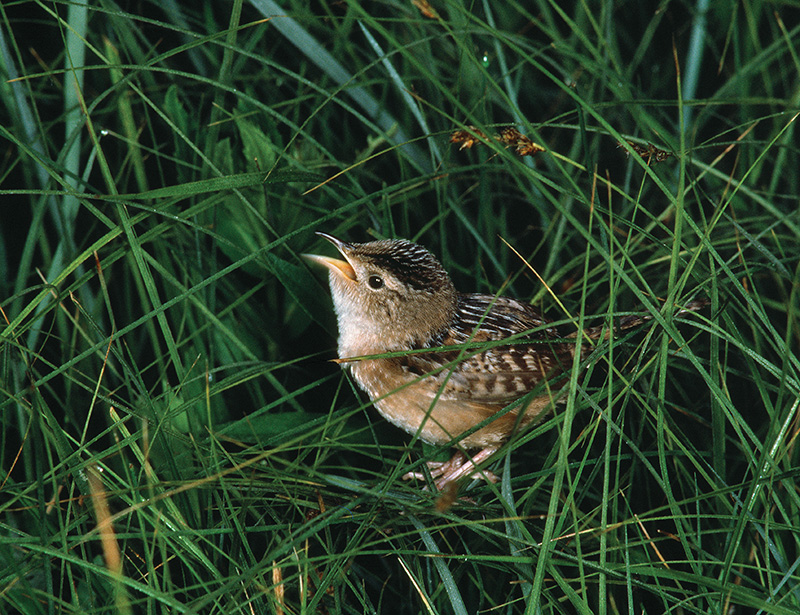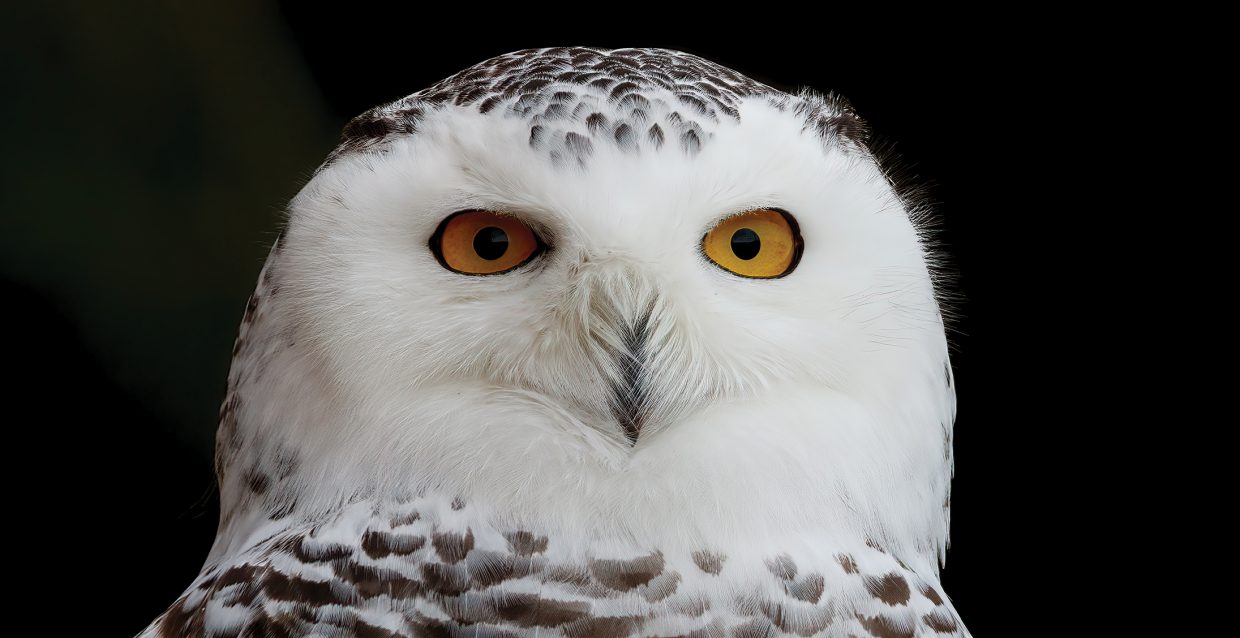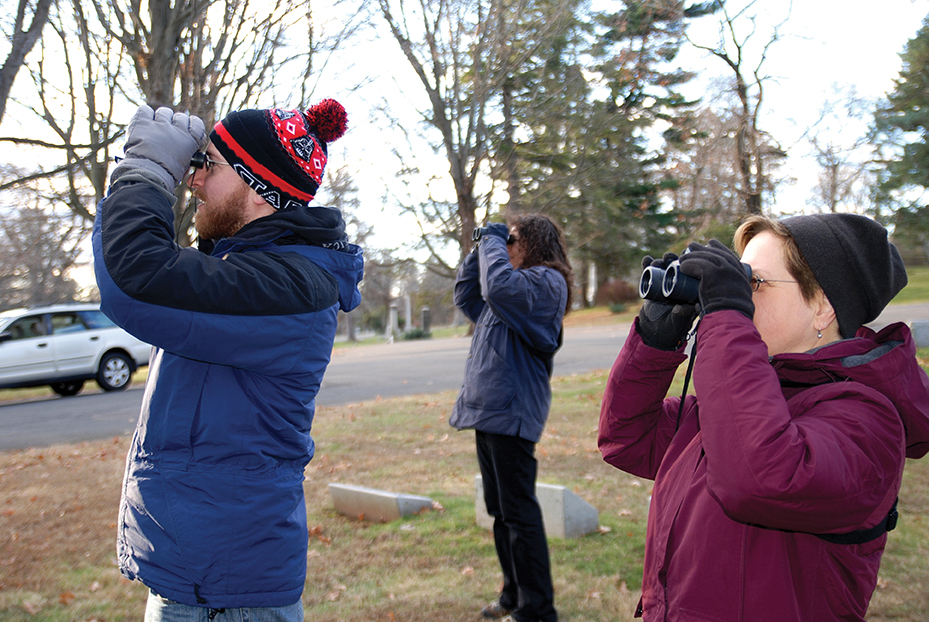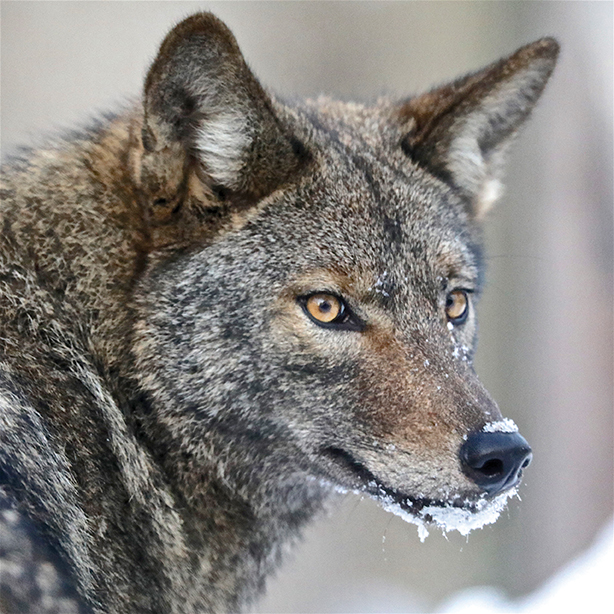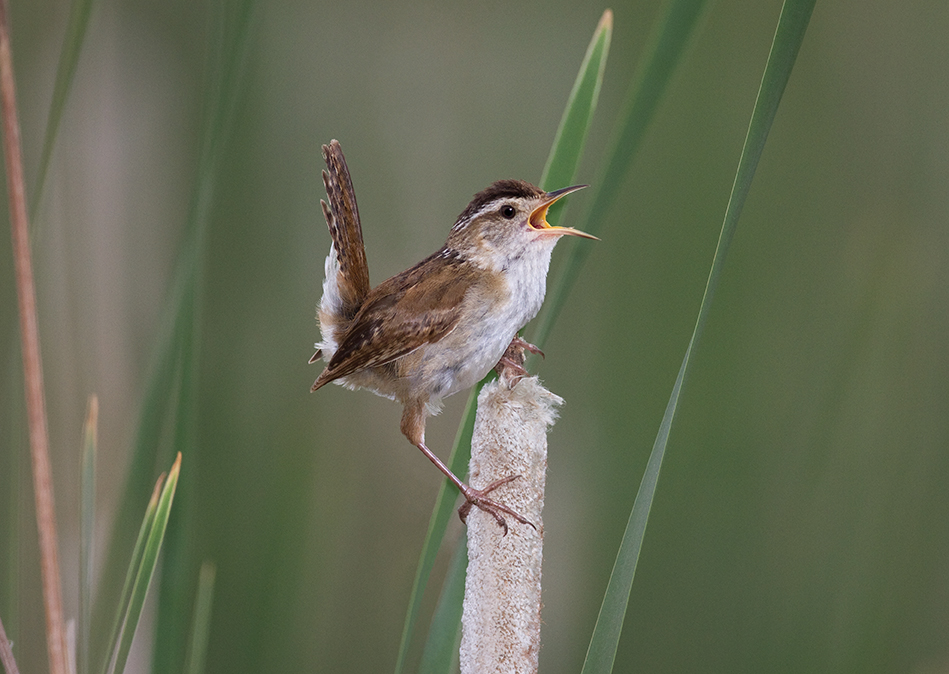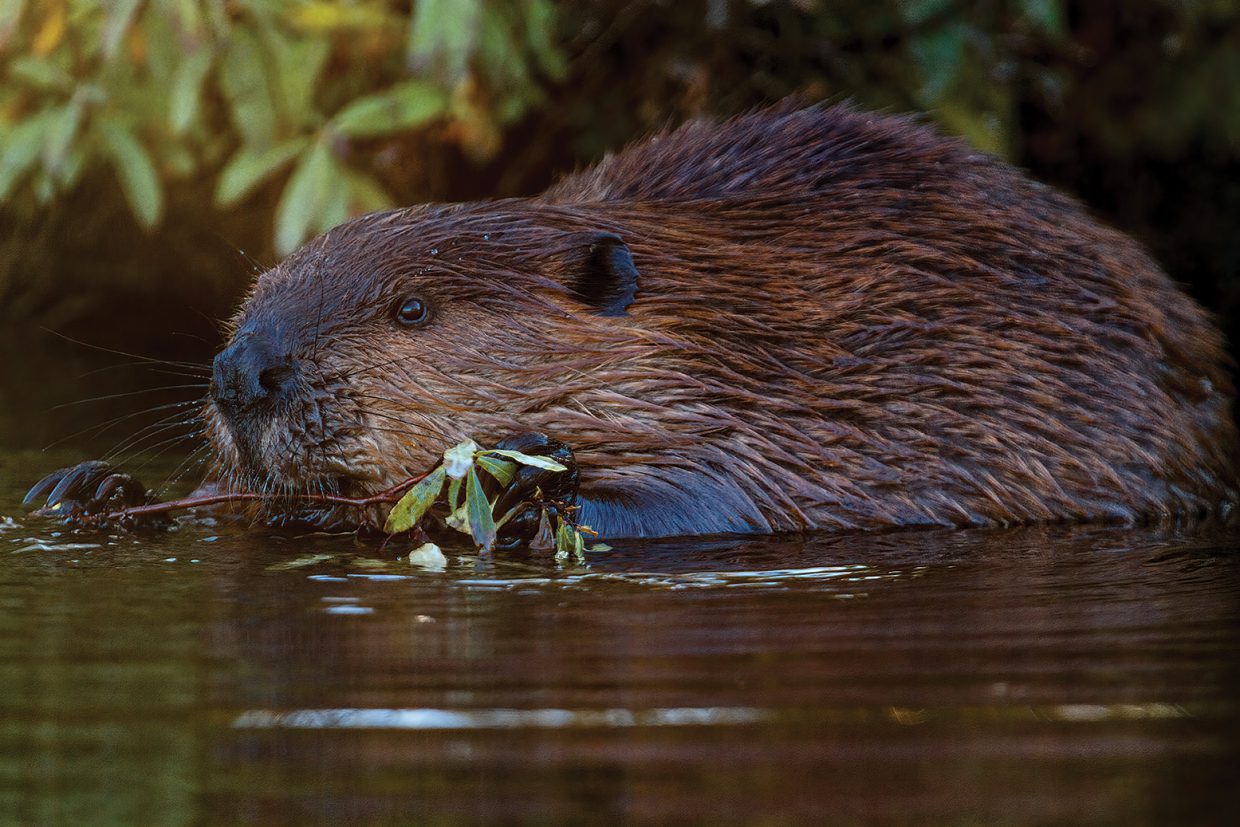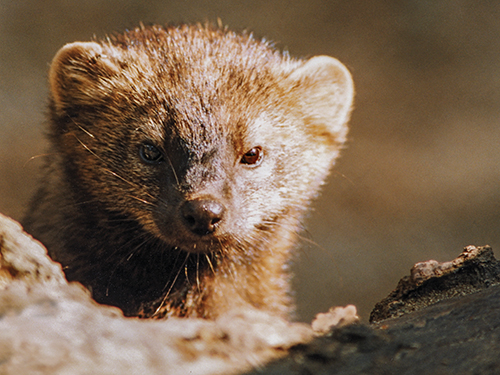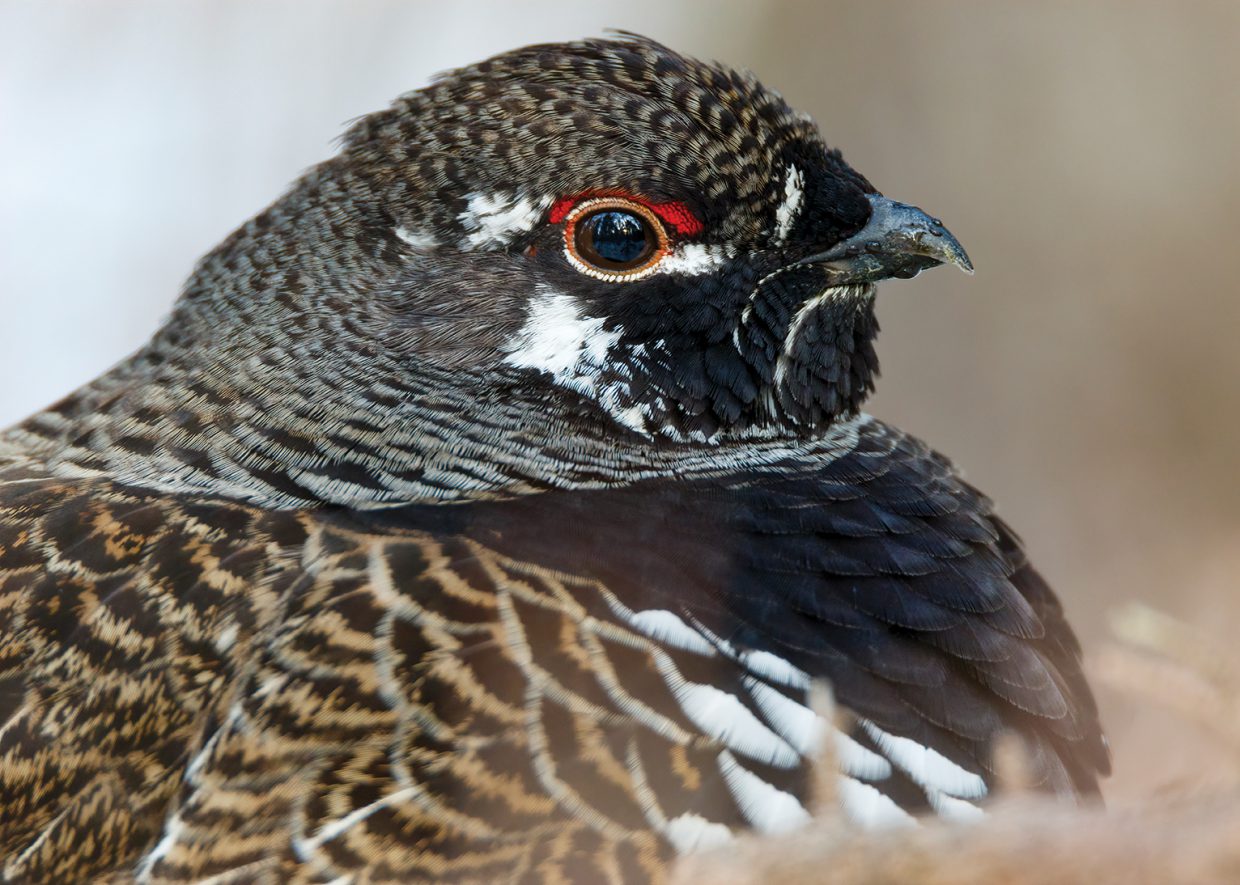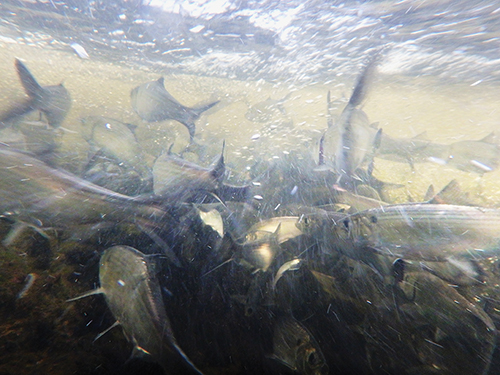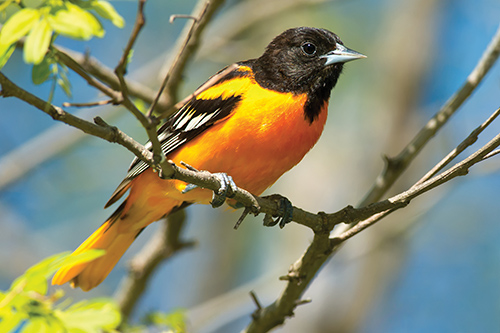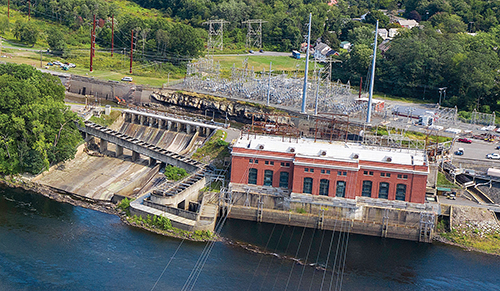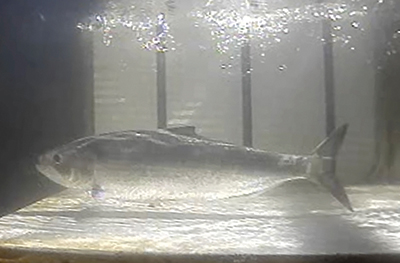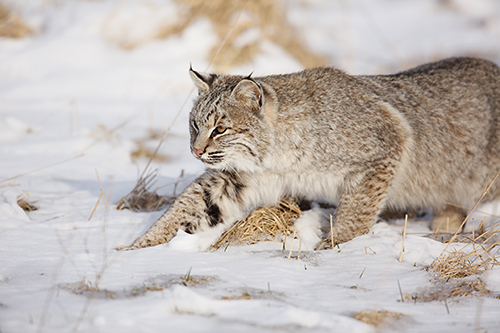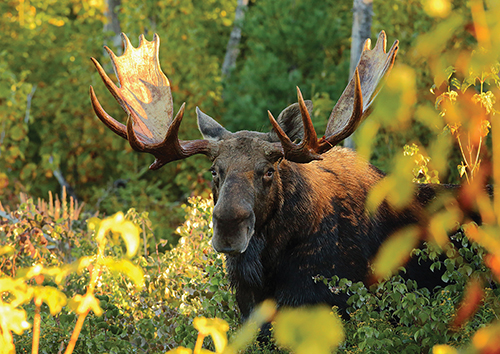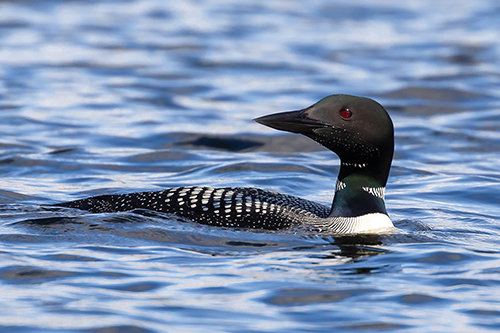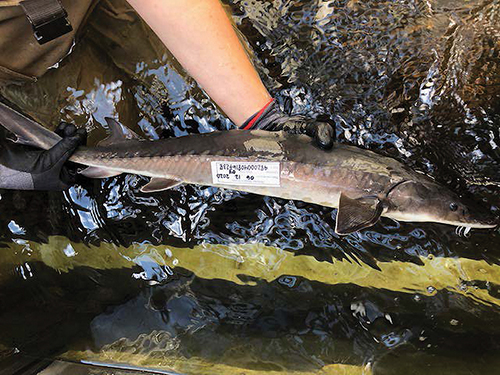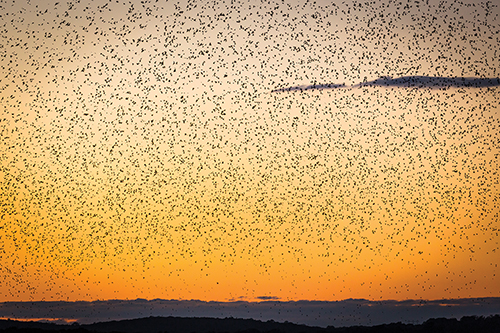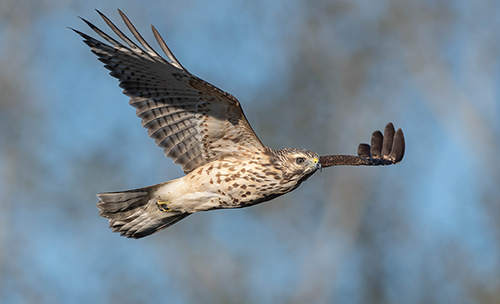But from the first few dreamy days of April on well into May, where better to discover springtime than in one’s own patch of cozy, quaint New England woods?
Wildlife Wonders- Red Squirrels
Years ago, I had a close encounter with a big antlered buck, or male white-tailed deer, that I will never forget.
One Photograph- Little Bird, Big Song
But from the first few dreamy days of April on well into May, where better to discover springtime than in one’s own patch of cozy, quaint New England woods?
Snowy Owls
Snowy owls have always fascinated me. Not only are they stunningly beautiful, but I’ve heard they are incredibly fast, powerful predators.
The Hartford Christmas Bird Count
The Hartford portion of the Audubon Christmas bird count is unlike any other in the Connecticut River Watershed.
Why Do People “Love or Hate” Eastern Coyotes?
Meet the bobcat, an elusive, captivating animal that is prevalent in the Connecticut River Valley, yet one that many of us—myself included—have rarely seen in the wild.
The Marsh Wren
How to photograph this flirt-tailed gremlin of the reeds?
The Beaver
It’s hard to believe that a furry rodent could drive exploration of an entire continent, but that is the case with the beaver.
Following the Fishers in Connecticut
Katerina “Kat” Gillis has dedicated the last two years of her life on a mission to help Connecticut wildlife officials prevent the loss of fishers, a medium-sized animal that inhabits our forests.
Searching for Spruce Grouse
What a striking bird against the boreal forest greenery. His black breast feathers dipped in pearl white. His back vermiculated with petite black and white stripes that accented the contrast with his mottled brown wings lying flat against his body.
Underwater Frenzy
It seemed like just another spring day when we stopped at the Salmon River, a tidewater tributary of the Connecticut River that splits the towns of Haddam and East Haddam, Connecticut.
Spring Stunners
Few birds can match the eye-popping beauty of the male Baltimore oriole or the flying prowess of the ruby-throated hummingbird.
Up and Over, Clearing Obstacles to Reach Habitat
Historically, each spring throngs of migratory fish from the ocean surged up the Connecticut River and its tributaries as far inland as they were able.
Introducing a Regular Column About Migratory Fish in the Watershed
Some of the most historical and ecologically-significant migrations of the Connecticut River are missed by most. These are the annual migrations of fish—specifically diadromous fish.
The Elusive Bobcat
Meet the bobcat, an elusive, captivating animal that is prevalent in the Connecticut River Valley, yet one that many of us—myself included—have rarely seen in the wild.
Moose
Moose comes from the Algonquin word Mooswa, meaning “the one who strips twigs.” To fulfill its life functions, the North American moose, Alces alces, requires some 10,000 calories per day, equating to between 50 and 100 pounds of food.
Loons
I saw my first common loon in January of 1958, at the mouth of the Connecticut River. In those days, Griswold Point was connected to the mainland. As a twelve year old, on my own, I could hike dry-shod to the point’s end and survey the River’s mouth.
Living Fossil
Few fish can rival the longevity or storied ancestry of shortnose sturgeon, a primitive animal that can live up to seven decades or more, and whose ancestors literally swam with the dinosaurs. “Recently, paleontologists found a fossil record, showing remnants of a mass dinosaur killing, and there were sturgeon and paddle fish carcasses, stacked together,” Micah Kieffer, a fisheries research biologist said.
A Great Gathering
In countless numbers they assemble in the sky, in the quickening September dusk, to perform a swirling synchronized ballet. It is mesmerizing and indescribable; words cannot prepare the viewer.
Lonely Hunter
Their insistent “KEE-aah” has woken us up at daybreak as they screech across the hayfield trying to scare up breakfast. They’re noisy neighbors, our resident pair of red-shouldered hawks.

